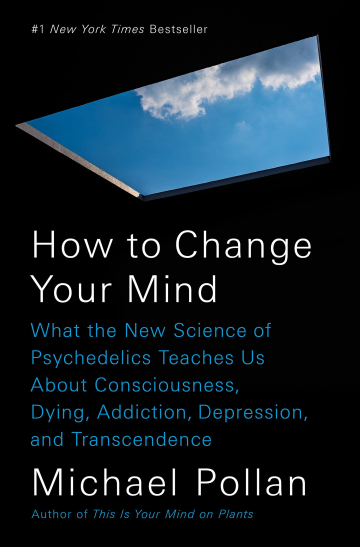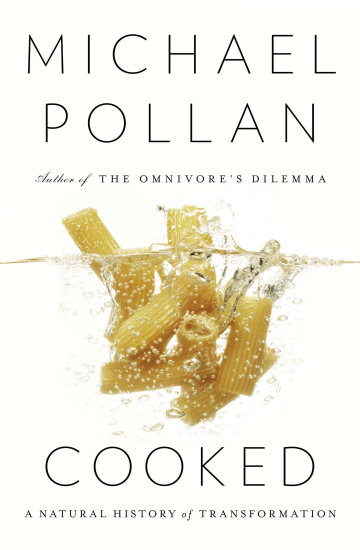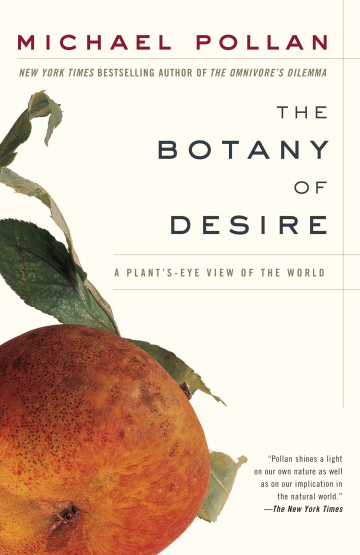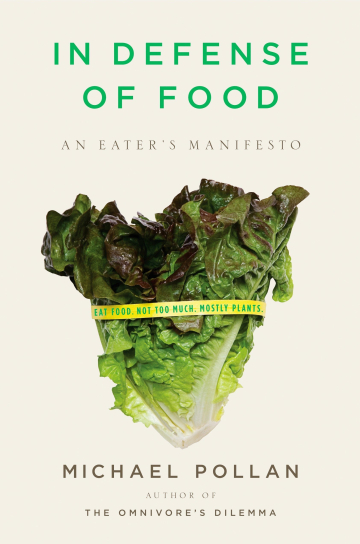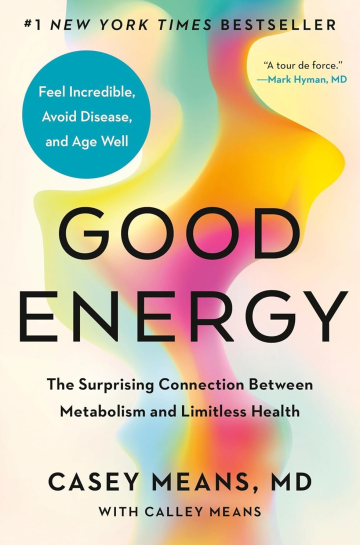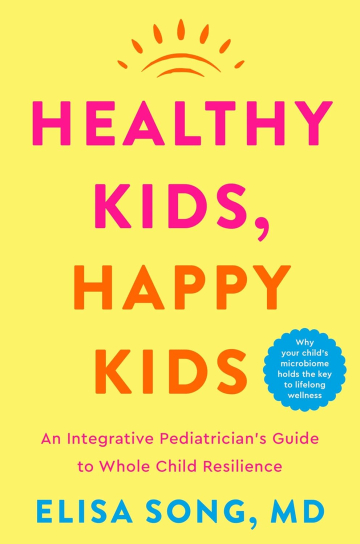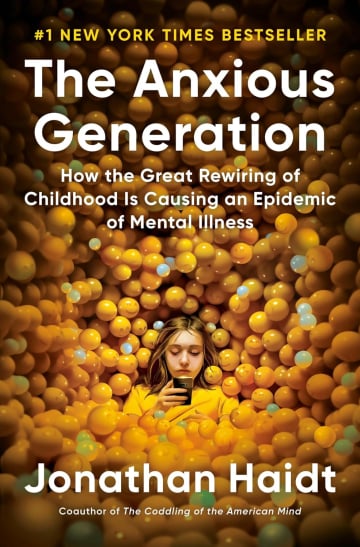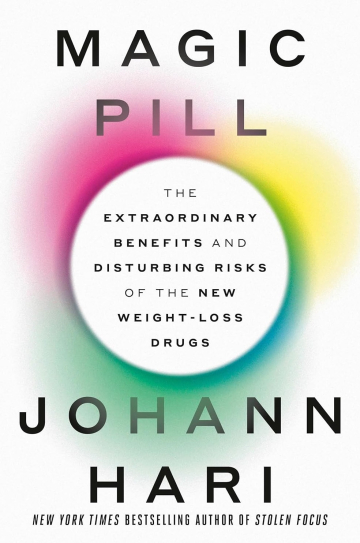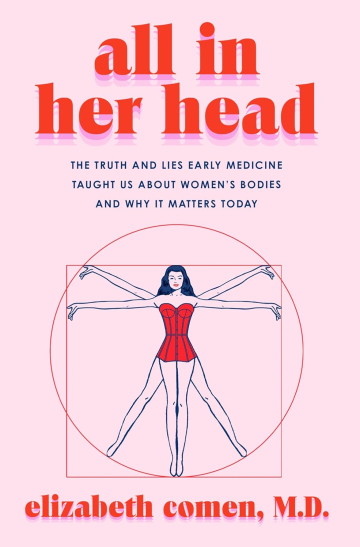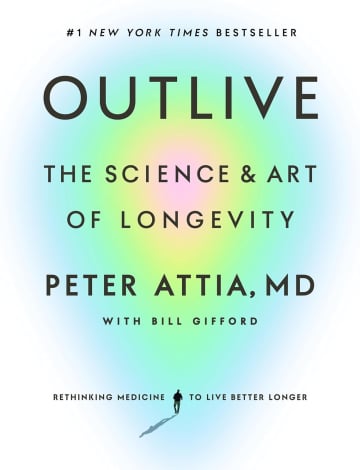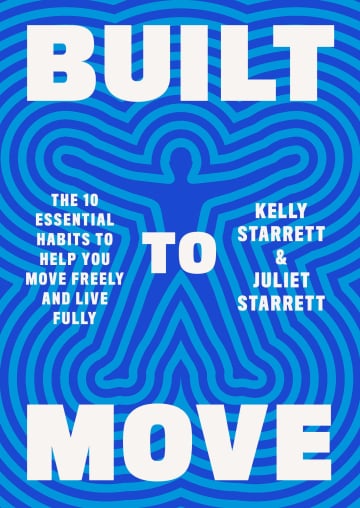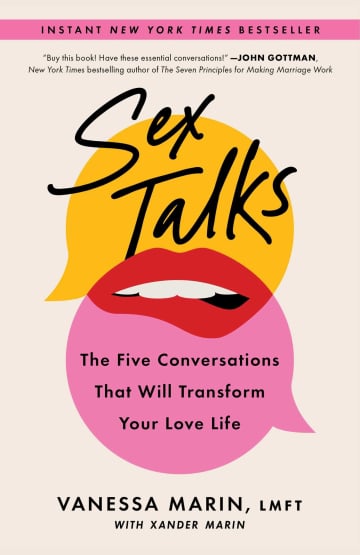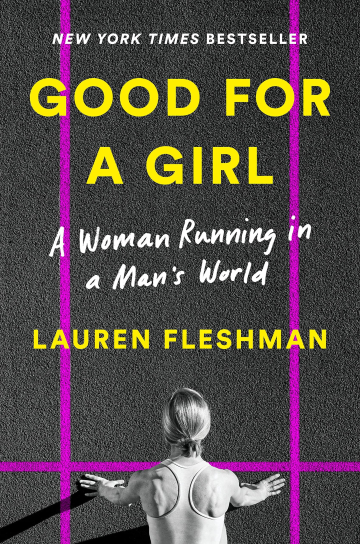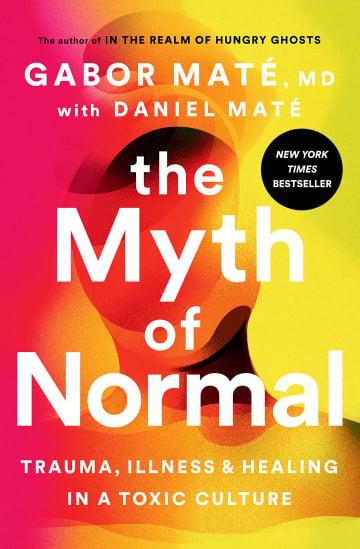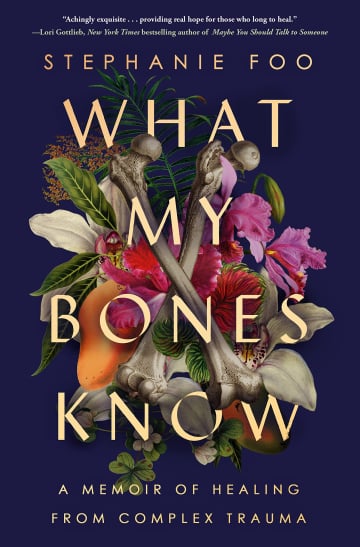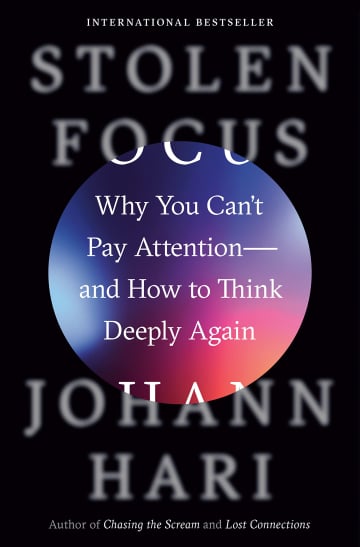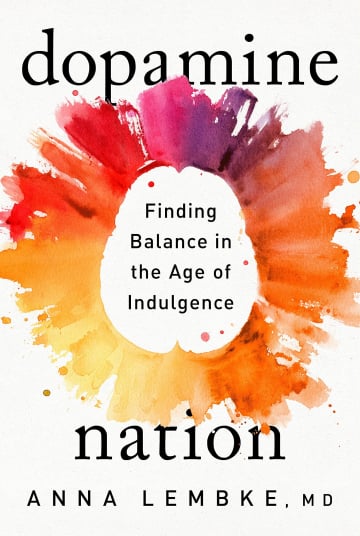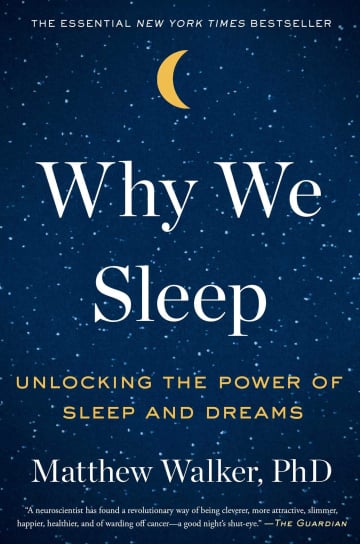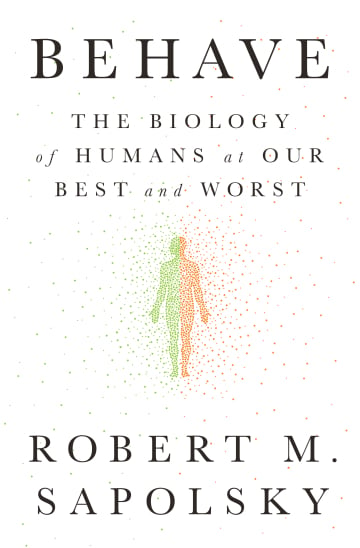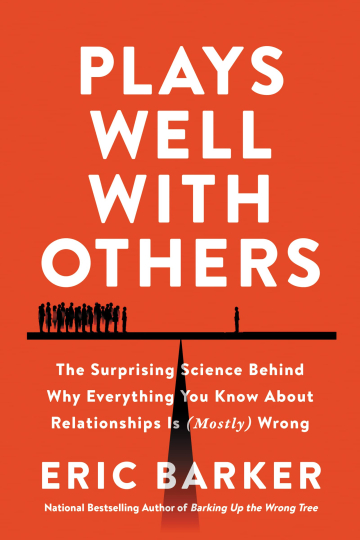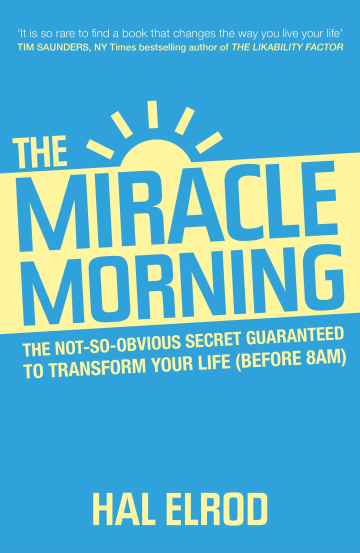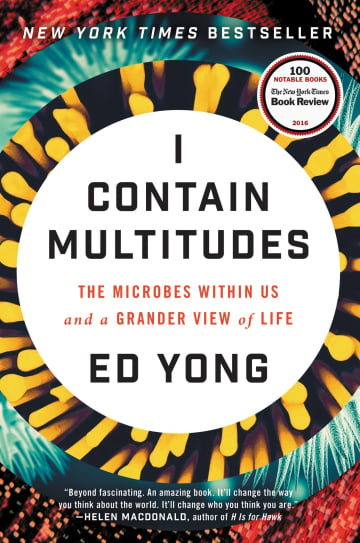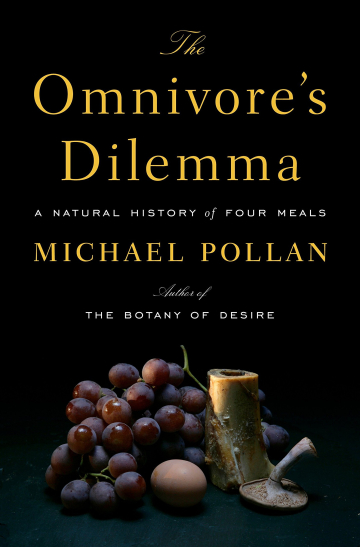
The Omnivore's Dilemma: A Natural History of Four Meals
⚡️ 10 Quotes from the book
“As a culture we seem to have arrived at a place where whatever native wisdom we may once have possessed about eating has been replaced by confusion and anxiety. Somehow this most elemental of activities—figuring out what to eat—has come to require a remarkable amount of expert help.”
“Daily, our eating turns nature into culture, transforming the body of the world into our bodies and minds.”
“To eat with a fuller consciousness of all that is at stake might sound like a burden, but in practice few things in life can afford quite as much satisfaction. By comparison, the pleasures of eating industrially, which is to say eating in ignorance, are fleeting.”
“There are some forty-five thousand items in the average American supermarket and more than a quarter of them now contain corn.”
“Yet this corn-fed meat is demonstrably less healthy for us, since it contains more saturated fat and less omega-3 fatty acids than the meat of animals fed grass. A growing body of research suggests that many of the health problems associated with eating beef are really problems with corn-fed beef.”
“Wet milling is an energy-intensive way to make food; for every calorie of processed food it produces, another ten calories of fossil fuel energy are burned.”
“Very simply, we subsidize high-fructose corn syrup in this country, but not carrots. While the surgeon general is raising alarms over the epidemic of obesity, the president is signing farm bills designed to keep the river of cheap corn flowing, guaranteeing that the cheapest calories in the supermarket will continue to be the unhealthiest.”
“But that's the challenge—to change the system more than it changes you.”
“The industrialization—and brutalization—of animals in America is a relatively new, evitable, and local phenomenon: No other country raises and slaughters its food animals quite as intensively or as brutally as we do.”
“We could then talk about some other things at dinner. For we would no longer need any reminding that however we choose to feed ourselves, we eat by the grace of nature, not industry, and what we're eating is never anything more or less than the body of the world.”
Related videos
Publications
The New York Times: Deconstructing Dinner
The Washington Post: A decade after ‘The Omnivore’s Dilemma,’ Michael Pollan sees signs of hope
The New York Times: Capitalism on the Cob
The Guardian: Train your tastebuds
Ask Albert:
Rate the book
⚡️ Discover Even More Bookish Wisdom
recommends
recommends
recommends

